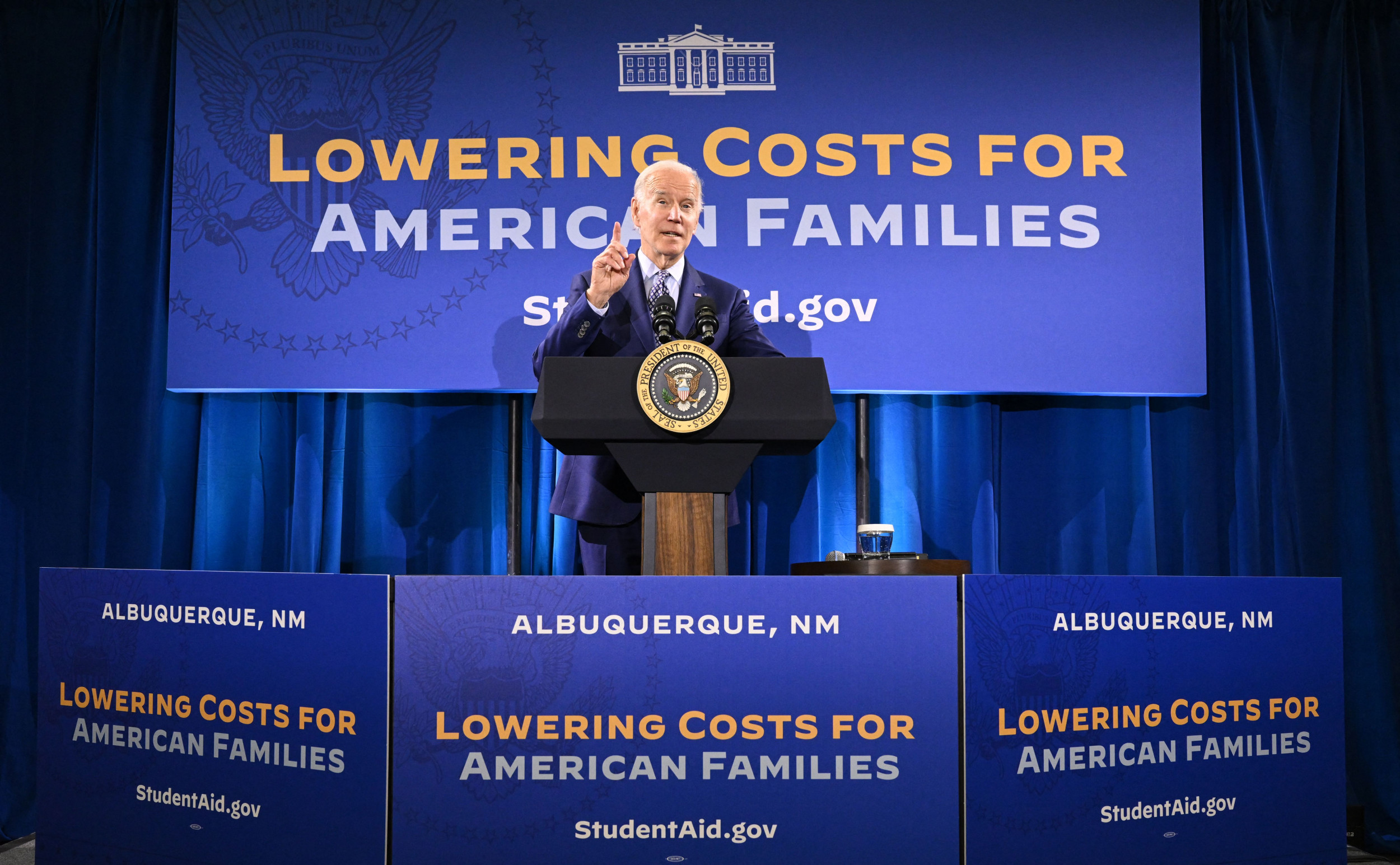America's Warrior Partnership (AWP) has helped countless veterans find access to mental health and other resources, offering "hope," as the nonprofit's leader put it to Newsweek, to those re-entering civilian life, some of whom may struggle with post-traumatic stress disorder (PTSD) and depression.
This past week, the U.S. Department of Veterans Affairs (VA) asked veterans to check in with one another. Veterans and their families were encouraged to pledge to talk to 10 veteran friends during Veteran Buddy Check Week.
According to the RAND Corporation, a research and analysis nonprofit aimed at improving policy and decision-making, one in five veterans from the Iraq and Afghanistan wars experience PTSD or major depression.
In 2021, suicide was the 13th-leading cause of death for veterans overall, and the second-leading cause of death among veterans under the age of 45 years old, according to the latest data from the VA.
There was a total of 6,392 veteran suicide deaths in 2021, 114 more than in 2020, the 2023 National Veteran Suicide Prevention Annual Report said. Firearms were more commonly involved in veteran suicide deaths than non-veteran suicide deaths in 2021, according to the annual report.
AWP, which aims at preventing veteran suicide by connecting veterans with the resources they need, has helped nearly 61,000 veterans since 2014. Over this past year alone, the AWP connected with 8,000 veterans, roughly 3,000 of whom were struggling with suicidal ideation. The nonprofit has helped 315 of those veterans struggling with suicidal ideation so far this year.
"What we're trying to do is to get more and more veterans to know who we are—just to reach out and say, 'Hey, can you help me?' And I always say, you never helped anybody you didn't know," Jim Lorraine, president of AWP, told Newsweek via telephone on October 20.

Lorraine served for 22 years in the U.S. Air Force as a lieutenant colonel. He was a flight nurse with nine combat deployments and retired as the deputy command surgeon for the United States Special Operations Command. Lorraine is one of the many veterans who have struggled with PSTD.
He doesn't see his experience with PSTD as a disability but rather as something that has made him stronger.
"And I can tell you that my experiences that had an impact on me in the end made me the person that I am," Lorraine said. "It made me, as a leader of America's Warrior Partnership, it made me drive the organization to say, 'How are we going to do better than this? How can we help people? How can we get them connected to resources so they don't have to struggle with the unknowns?'"
People at AWP don't just connect veterans with the resources they need, but they build lasting relationships with them, or as Lorraine puts it, "we stick with them."

Struggles Associated With Re-Entering Civilian Life
Re-entering civilian life can be a difficult transition for veterans that can lead to physical struggles like financial problems, food insecurity and homelessness.
"When you join the military, you take anywhere from six months to a year to become military-friendly...you trust the person to your right and your left and you're very mission-focused and outcome-oriented. And a lot of the time you're given the direction on where you're going to go and what you're going to do every day," Lorraine explained.
He said when you leave the military, unless you have close relationships with others, "you may feel isolated, you may feel that you don't fit in, that people don't understand. It is a change. And you don't get six months to a year to figure this out within a cocoon, you get sort of pushed out and it's like, 'Here you go. Here's the civilian world.'"
Lorraine said that 94 percent of the veterans flagged by the AWP as having suicidal ideation "didn't reach out to us for mental or behavioral help. They reached out to us for another reason, whether it was, they needed access to their VA disability benefits, they needed access to VA health care, they lack transportation."
'We Focus on Hope'
When asked what other mental disorders veterans are facing besides PTSD, Lorraine said, "I think depression. So, one of the things that we do at America's Warrior Partnership is we focus on hope. How hopeful is a veteran and how hopeless is a veteran," adding that "hopelessness correlates to suicide."
AWP looks at suicide prevention from a holistic approach which includes helping with "housing, employment, education, relationships, access to services that improve your quality of life, giving you an opportunity to provide purpose back to your community and lead again," Lorraine said.
"That raises hope, which in the end reduces suicide," he said.










![SOURCE SPORTS: [WATCH] Mets Capt. David Wright Gives Interesting Insight On The Honor Of His Jersey Retirement In Citi Field](https://thesource.com/wp-content/uploads/2025/01/01fs75fy836w8mp4ytwr.webp)









 English (US) ·
English (US) ·